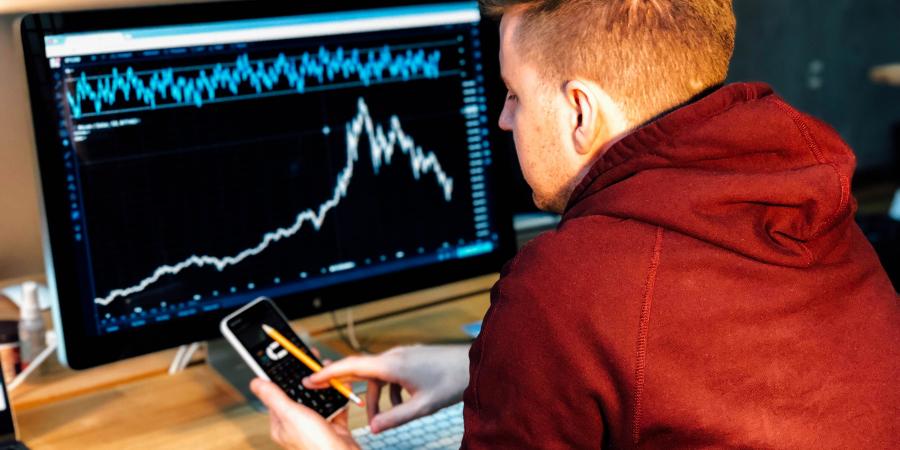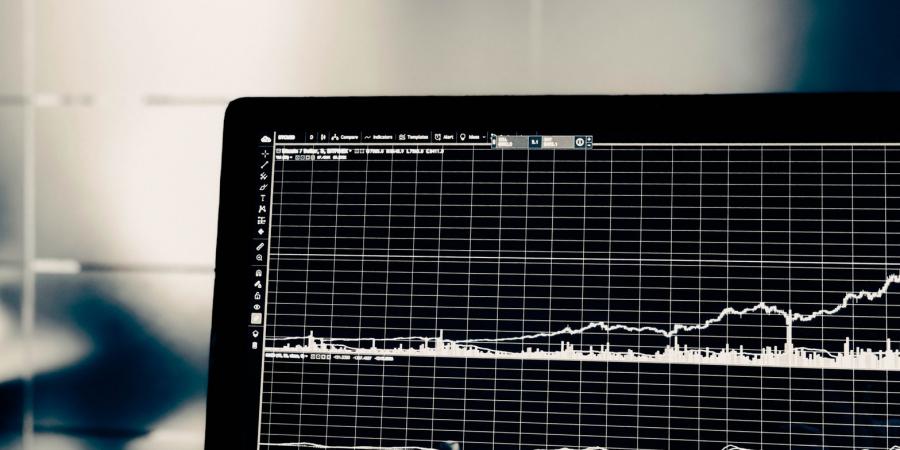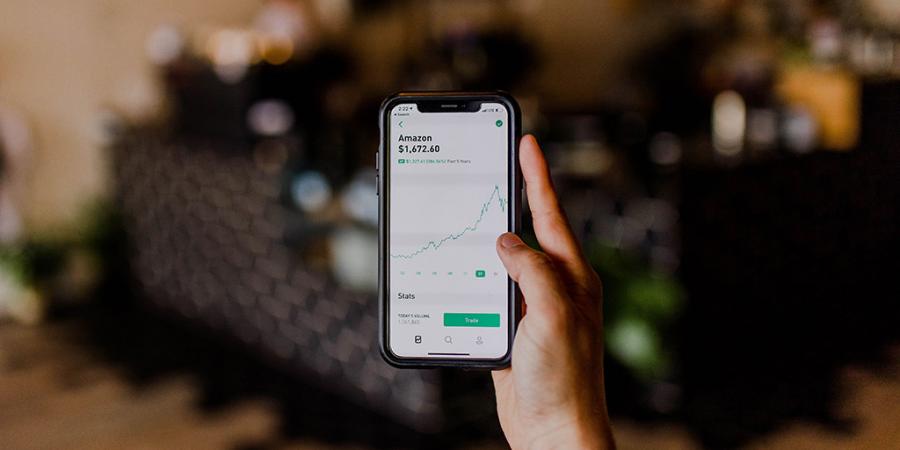Home > Blog > Money and Finance
Making Your Dollars Work For You in The Forex Market

Forex refers to the FOReign EXchange market. This is the marketplace where currencies can be traded. This market is more important than you realize, because it permits international business and trade. It is also important to travelers who visit foreign countries because many countries do not accept all currencies.
The Forex market is the largest and most liquid financial market in the world, far larger than the stock markets. The average value of the currencies traded each day is almost 5 trillion U.S. Dollars (USD).
It is interesting to note that there is no primary marketplace for Forex trading. Everything is accomplished over-the-counter (OTC), so all the transactions are over computer networks between various traders. The Forex market is open 24 hours/5.5 days a week.
Three Types of Markets Within Forex
All transactions in Forex occur in one of 3 markets: the spot market, the futures market, and the forwards market.
The spot market is the largest and most active market and the other 2 markets are dependent on it. The futures and forwards markets are used primarily to hedge risk.
These are the 3 types of markets and some information about each one:
- The spot market is what most individual investors are referring to when they discuss Forex trading. Currencies are bought and sold at the current market price in the spot market. The price of currency, like the price of a stock, is determined by many factors. These include supply and demand, interest rates, political situations, and investor perception.
- A completed deal is referred to as a spot deal. It is simply a trade of one currency for another. The amount of the trade is specified in the terms of the deal and occurs at an agreed-upon exchange rate. The settlement is in cash. These trades typically require two days for the settlement to occur.
- The futures market does not deal with the trading of actual currencies. Standardized futures contracts are bought and sold on commodities markets. It is regulated by the National Futures Association which spells out all the rules and regulations.
- The forwards market is similar to the futures market. Although these two markets are similar, in the forwards market the contracts are bought and sold OTC, and the details of the contract are entirely under the discretion of the traders. The forwards market is not as structured as the futures market.

Quotes and Jargon
Currency quotes are always confusing to the beginning investor.
Consider this important information to make currency quotes less confusing:
- Currency quotes are always in relation to another currency. If you were interested in the exchange rate between the U.S. dollar and the British pound, the quote is going to look something like this: USD/GBP = 0.6442
- This is a currency pair. In this case, the U.S. dollar is the base currency and the British pound is the quote currency or counter currency. In our example, 1 dollar is equivalent to 0.6442 pounds. So this means 1 U.S dollar could purchase 0.6442 British pounds.
- Currency pairs can be quoted directly or indirectly. In a direct quote, the domestic currency is the base currency. In an indirect quote, the domestic currency is the quoted currency. The U.S. dollar is the most common base currency.
- A quote can also be referred to as a currency quote. This occurs when neither currency is the U.S dollar. The volume on trades that do not involve the U.S. dollar is quite small, but that does not mean these other currencies are insignificant.
- As with many other forms of financial trading, there is a bid and ask price. The bid price is the current price at which a currency could be sold, and the ask price is the price at which the currency can be bought. For example:
USD/GBP = 0.6442 / 40
Bid = 0.6442
Ask = 0.6440
- The bid price is before the slash and the ask price is after the slash. The bid price is always lower than the ask price. In the above example, you could buy 1 U.S dollar with 0.6642 British pounds, but could only sell a U.S. dollar for 0.6640 British pounds. You are either buying or selling the base currency.
- The difference between the ask price and the bid price is referred to as the In the above example, the spread would be 0.0002. This is also referred to as 2 pips or 2 points. In most cases, a pip will be 0.0001. Most currencies fluctuate by about 125 pips per day.

Risks and Benefits
There are several risks and benefits in the Forex market. Understanding both is critical to having success in this financial arena.
The risks and benefits of the Forex market are as follows:
- There is a lot of leverage and corresponding risk. The leverage is essentially 100 to 1. With $10,000 USD, an investor can control $1 million investment. A Forex broker will loan the difference. With a winning trade, the investor can make a lot of money. Of course, the investor’s money is at risk if the trade goes the other way.
- The Forex market does not have a lot of volatility vs. the equities markets, but the leverage creates a similar situation. If you use 100:1 leverage and the currency price drops 1%, you’ve lost all of your investment. In the stock market, you would only lose 1% (assuming you did not use leverage).
- In the stock market, margin accounts are limited to 50%, meaning you would need to have $50,000 in your account to control $100,000 worth of stock.
- The market is very liquid. Nothing is more liquid than cash. The market is also open 24 hours a day. Traders can easily work around a job or other commitments. The major hubs of trading activity are spread all over the globe in a variety of time zones. There is always a market open somewhere during the work week.
- The trading fees are low. The only trading fees are the spread. In the equities markets, you are charged the spread and a transaction or commission fee.
Tips of the Trade
Has your appetite been whetted for Forex trading? If so, then there are a few other things you should know.
Before forging ahead, keep the following tips in mind:
- Learn a system of trading to a high level of expertise. There are numerous systems that can be followed when trading currencies. Become an expert at one system rather than becoming vaguely familiar with several.
- Leave your emotions out of the equation. It can take a lot of self-control and practice to leave emotion out of your trading activities. If you’re in a position where you simply have to make money, your odds of success are very small. Patience is critical when looking for the right opportunity, but it is a rare commodity when one is desperate.
- There are many websites where you can practice your Forex skills with imaginary money. Practice before putting your real money at risk.
- Trade the signals. Beginning traders tend to be quite successful, because they only make trades when strong signals are present. However, with a little success, the beginning trader can become a little over-confident and make trades when the signals are a little murkier. For example, many traders use the COT report to help their trading decisions. Websites such as Tradingster offer COT charts for free.
- Maintain discipline. Every trader must have his own rules and be able to control their own money. Never break them. For example, have a stop-loss limit. When it is triggered, dump your position without hesitating. You will find that you’ll tend to lose money when you break your rules.
- A lack of confidence is better than over- If you lack confidence, you’ll do nothing and lose nothing. If you’re over confident, you’ll probably lose money.
- Keep things simple. Simple systems have been shown to be more successful over long periods of time. Avoid over complicating things.
Forex is a fascinating market. There are many advantages to trading in the financial markets and it is quite easy for the beginning investor to get started. Trading in currencies is convenient from a leverage, time, and liquidity standpoint. The market is available 24 hours a day and open most of the week.
Open a practice account and give Forex trading a shot. The gains can be significant, and the fundamental ideas behind currency rates are quite simple in theory. It might be a great way to supplement your income.
Previous Posts: